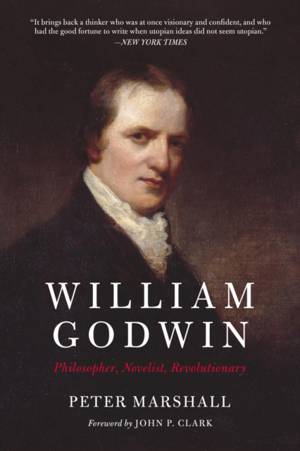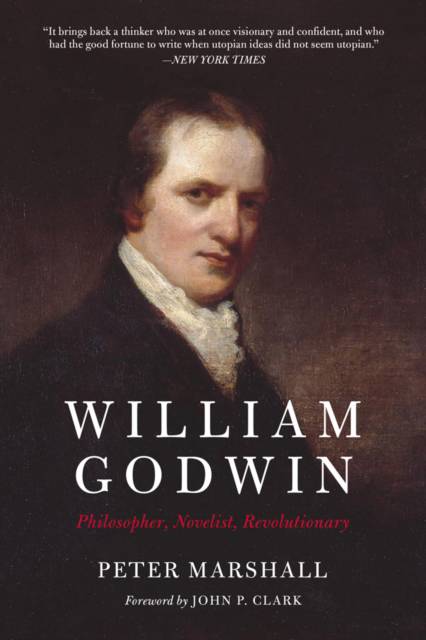
- Retrait gratuit dans votre magasin Club
- 7.000.000 titres dans notre catalogue
- Payer en toute sécurité
- Toujours un magasin près de chez vous
- Retrait gratuit dans votre magasin Club
- 7.000.0000 titres dans notre catalogue
- Payer en toute sécurité
- Toujours un magasin près de chez vous
Description
William Godwin has long been known for his literary connections as the husband of Mary Wollstonecraft, the father of Mary Shelley, the friend of Coleridge, Lamb, and Hazlitt, the mentor of the young Wordsworth, Southey, and Shelley, and the opponent of Malthus. Godwin has been recently recognized, however, as the most capable exponent of philosophical anarchism, an original moral thinker, a pioneer in socialist economics and progressive education, and a novelist of great skill.
His long life straddled two centuries. Not only did he live at the center of radical and intellectual London during the French Revolution, he also commented on some of the most significant changes in British history. Shaped by the Enlightenment, he became a key figure in English Romanticism.
Basing his work on extensive published and unpublished materials, Peter Marshall has written a comprehensive study of this flamboyant and fascinating figure. Marshall places Godwin firmly in his social, political, and historical context; he traces chronologically the origin and development of Godwin's ideas and themes; and he offers a critical estimate of his works, recognizing the equal value of his philosophy and literature and their mutual illumination.
The picture of Godwin that emerges is one of a complex man and a subtle and revolutionary thinker, one whose influence was far greater than is usually assumed. In the final analysis, Godwin stands forth not only as a rare example of a man who excelled in both philosophy and literature but as one of the great humanists in the Western tradition.
Spécifications
Parties prenantes
- Auteur(s) :
- Editeur:
Contenu
- Nombre de pages :
- 544
- Langue:
- Anglais
Caractéristiques
- EAN:
- 9781629633862
- Date de parution :
- 15-05-17
- Format:
- Livre broché
- Format numérique:
- Trade paperback (VS)
- Dimensions :
- 165 mm x 236 mm
- Poids :
- 589 g

Les avis
Nous publions uniquement les avis qui respectent les conditions requises. Consultez nos conditions pour les avis.






